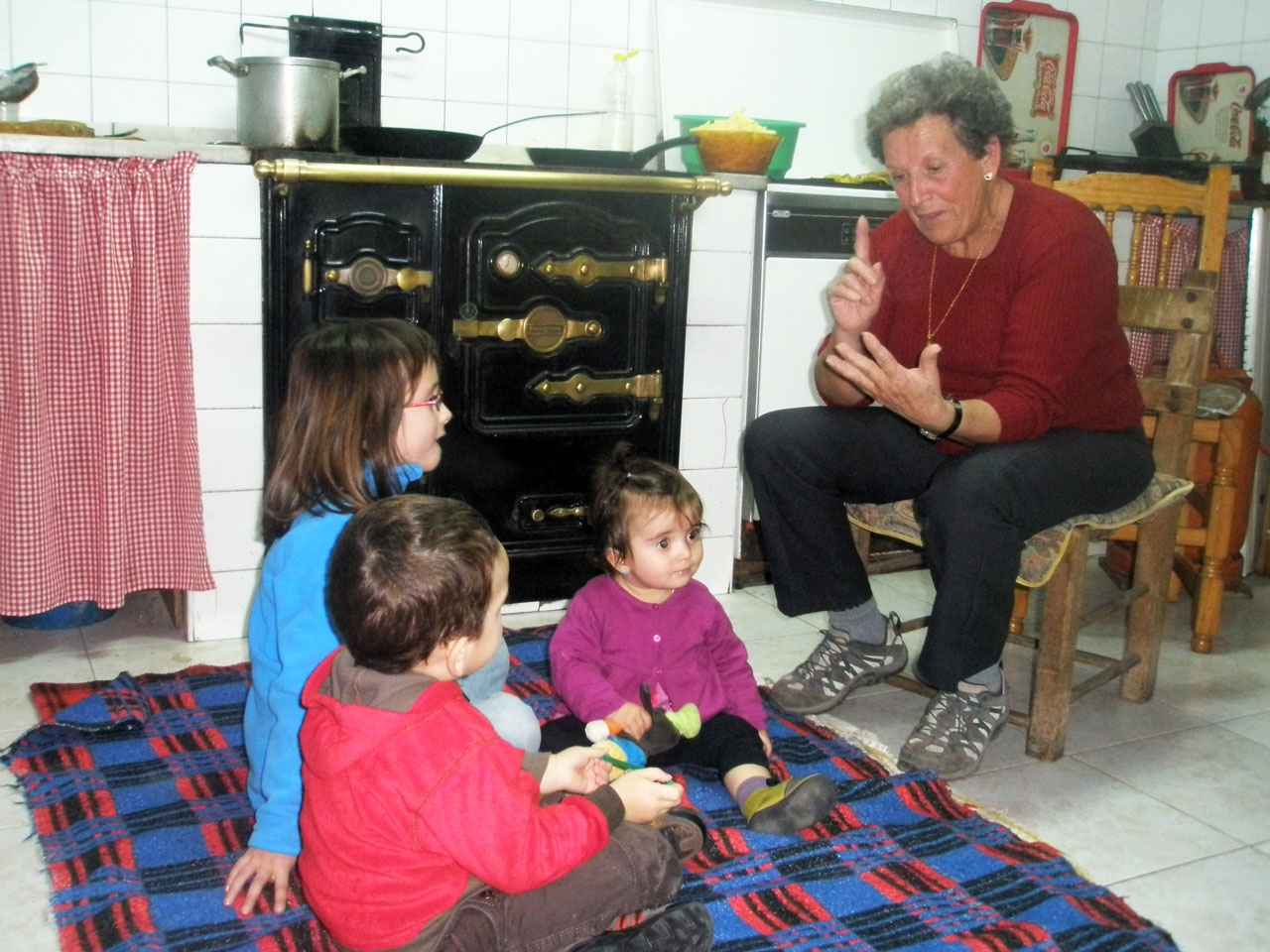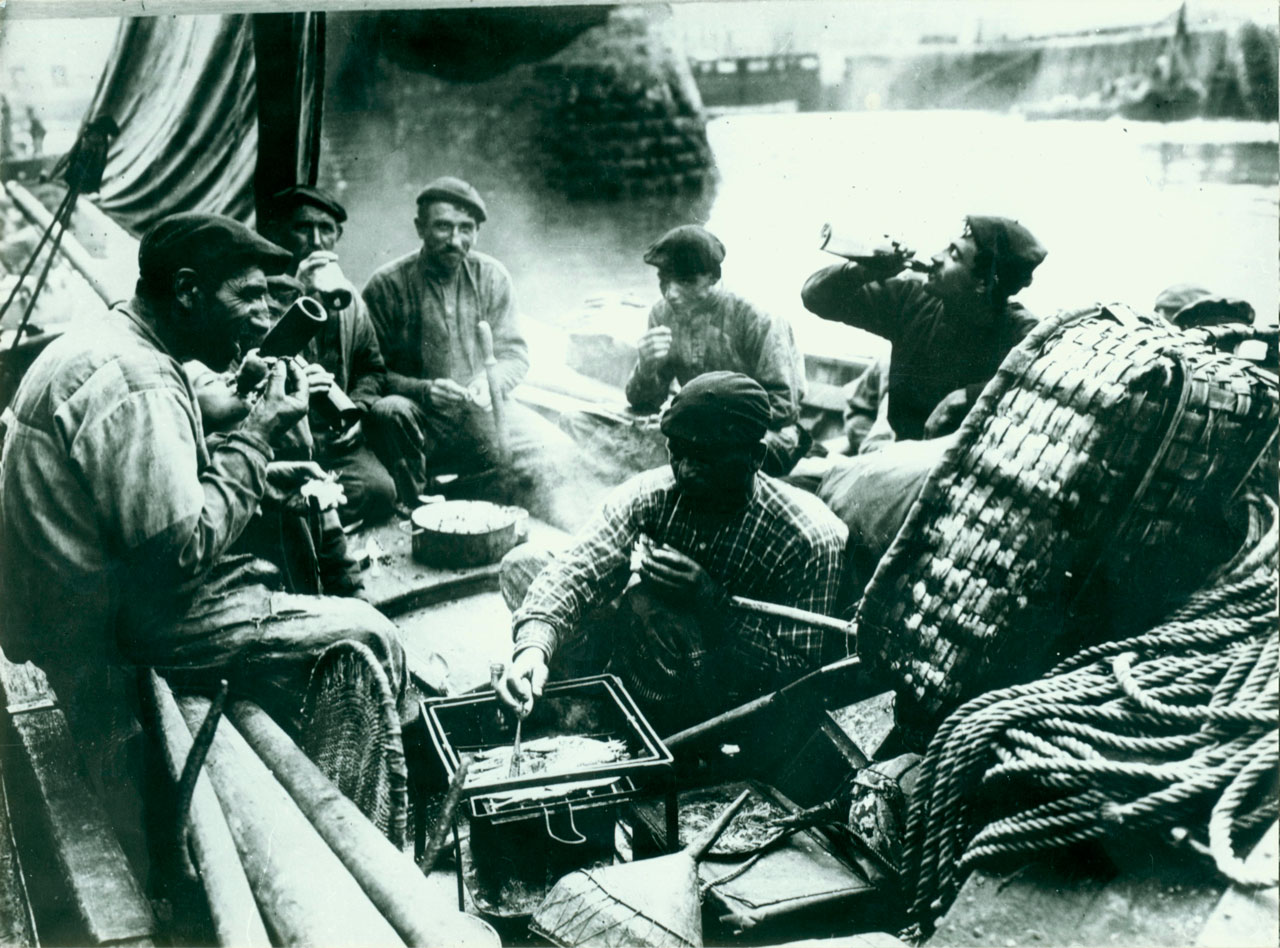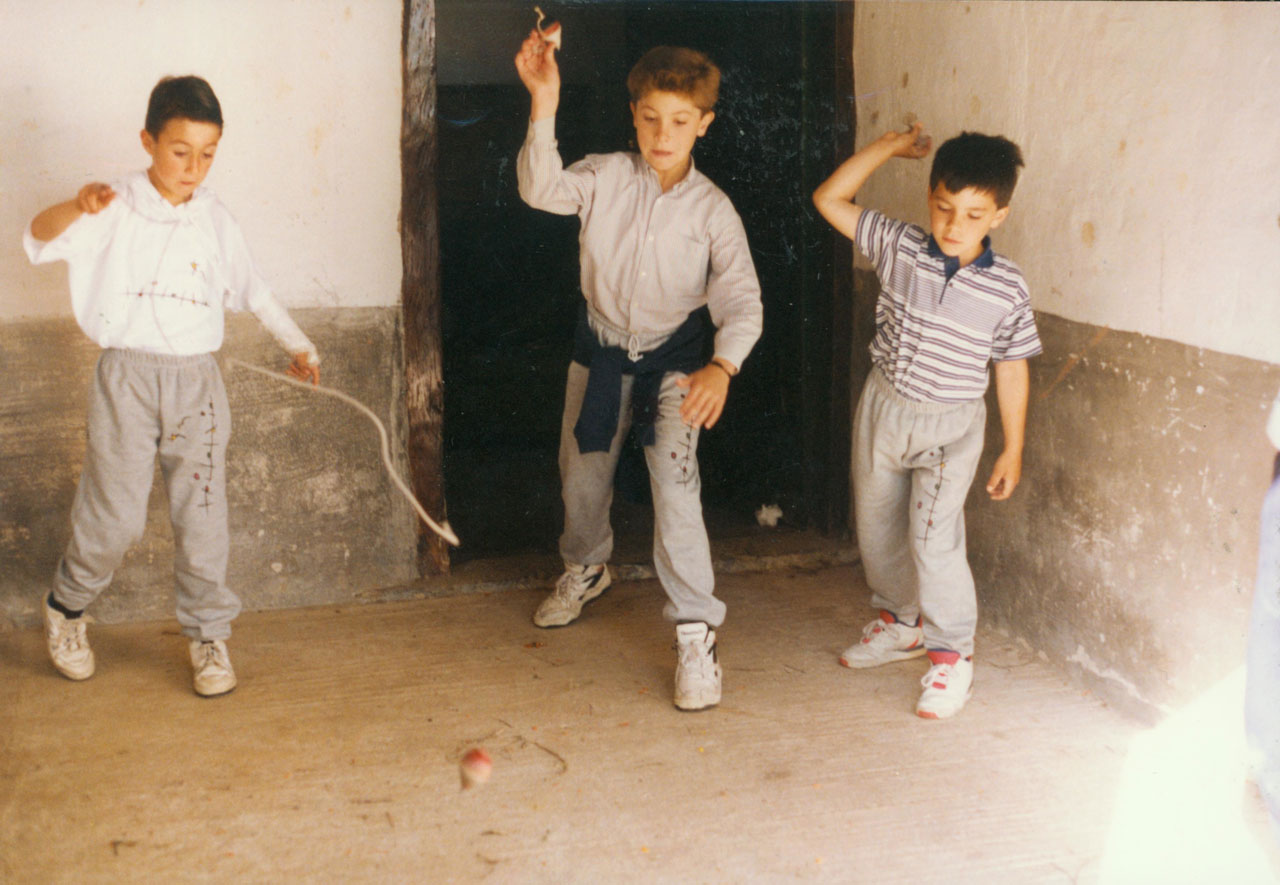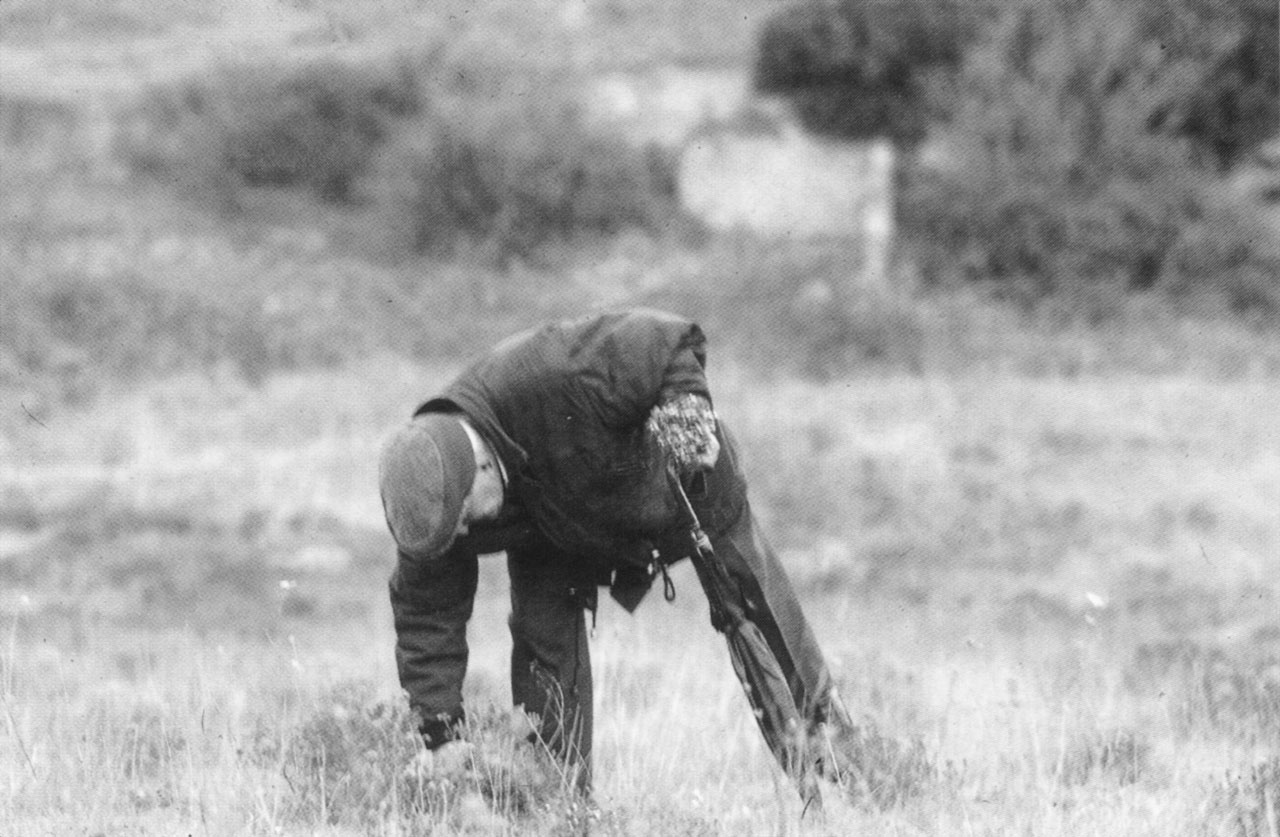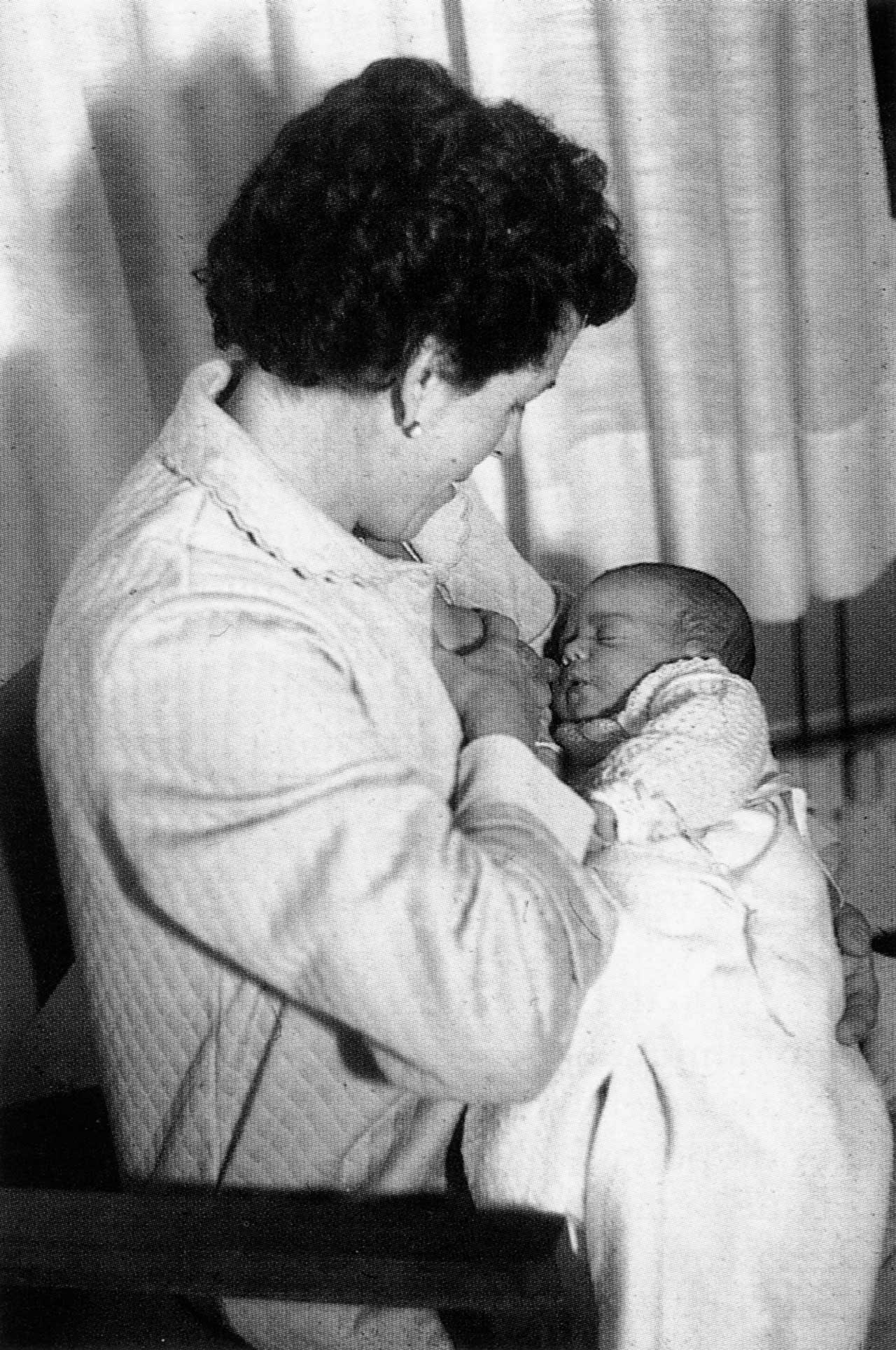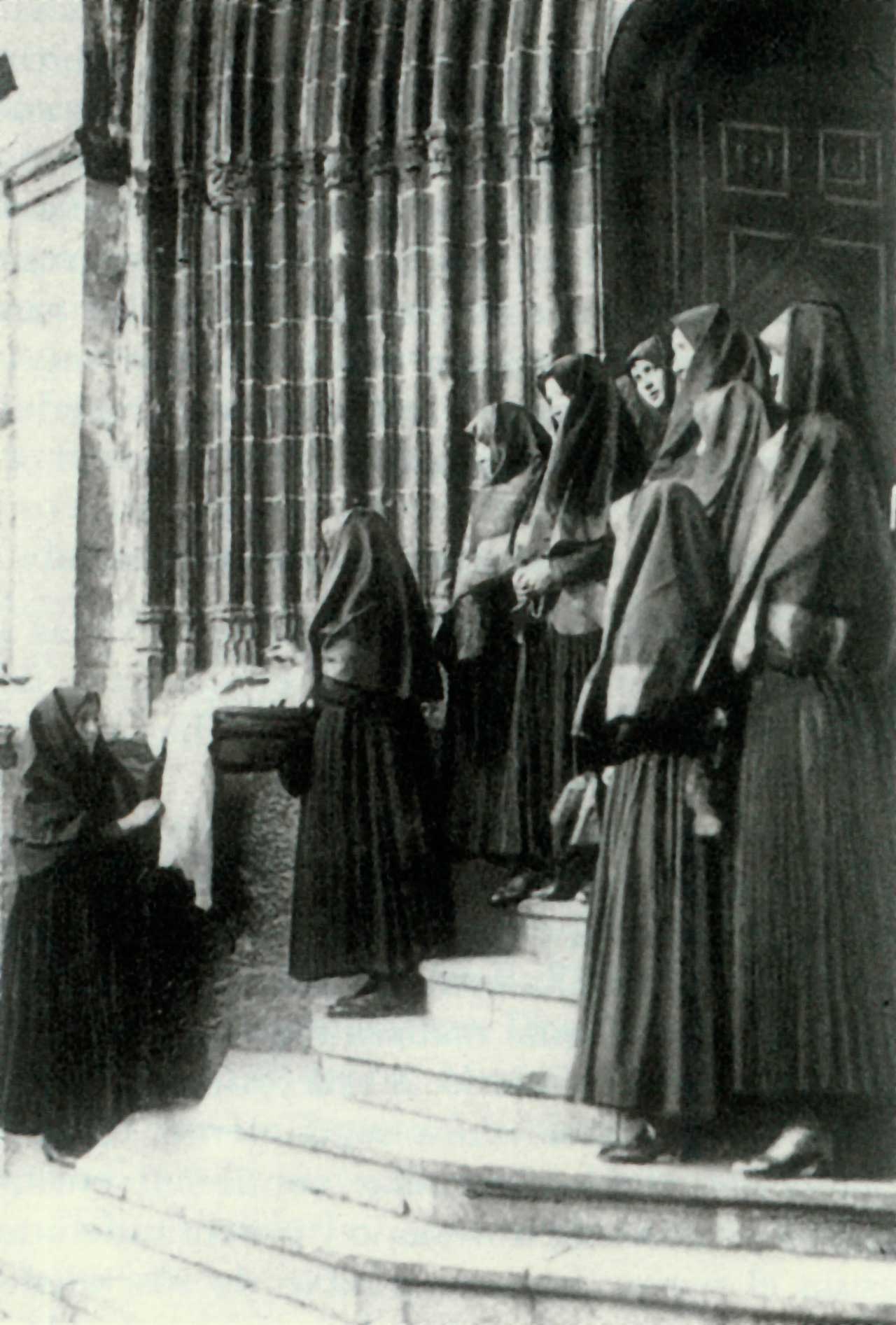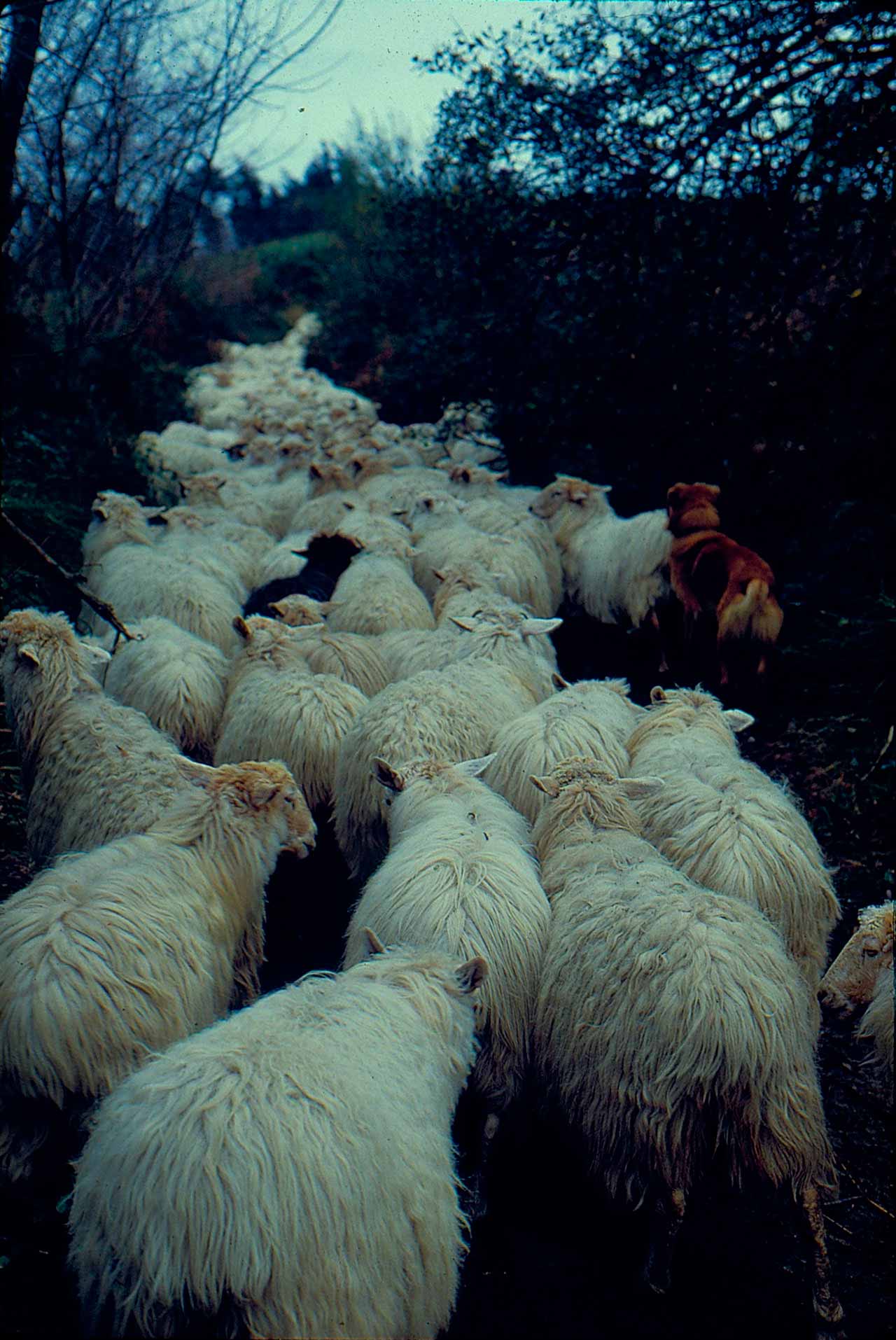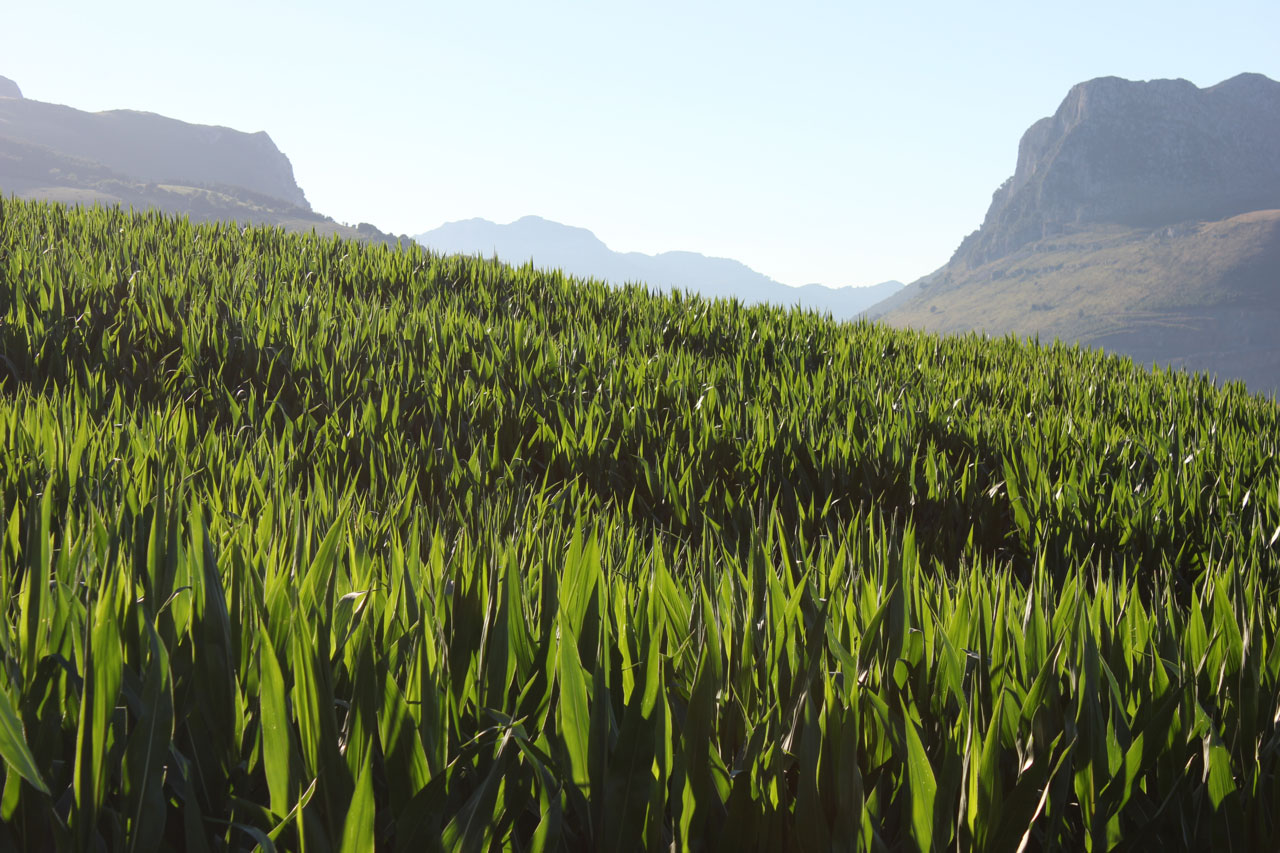Main Page/en
De Atlas Etnográfico de Vasconia
Revisión del 12:40 27 ene 2020 de Admin (discusión | contribuciones)
Grandmother and grandchildren. Urduliz (B), 2011. Source: Akaitze Kamiruaga, Etniker Euskalerria Groups.
House and Family in the Basque Country


House and Family in the Basque Country
The traditional Basque family is noted for a type of clearly defined feminism, which can be seen from the application of the right of the first-born to inherit regardless of their sex, the common ownership of property brought to the marriage by the spouses, their equal standing in civil law, and the woman’s status as the head of the household in the domestic religious life, the cultural rites of the home, of the church and of the family burial ground.
Family Diet in the Basque Country


Family Diet in the Basque Country
Nahiz dala udea, nahiz dala negua, goizeko zortziretan, armozu ordua. Folk song
Children’s Games in the Basque Country


Children’s Games in the Basque Country
Changes in the adult world are also necessarily reflected in the children’s world. It should not be forgotten that those changes also affect the world of beliefs, convictions and rites underlying many traditional games; many of which would be stripped of meaning, some would fall into disuse, others would persist and would adapt to the new circumstances.
Traditional Medicine in the Basque Country


Traditional Medicine in the Basque Country
There is a hidden wisdom behind popular medicine that goes far beyond the remedy itself. This collection of data helps us catch a glimpse of a way to understand health and disease —and ultimately the human body— that differs from the prevailing view.
Rites from Birth to Marriage in the Basque Country


Rites from Birth to Marriage in the Basque Country
Haurrak negarrik ez, titirik ez. El que no llora, no mama.
Ritos funerarios en Vasconia


Ritos funerarios en Vasconia
Fue común que los participantes en el cortejo fúnebre, tanto familiares del difunto como vecinos, llevaran ofrendas de pan y de luz.
Oveja negra en el rebaño. Meaga, Getaria (G). Fuente: Archivo Fotográfico Labayru Fundazioa: José Ignacio García.
Ganaderia y pastoreo en Vasconia


Ganaderia y pastoreo en Vasconia
El animal de color negro y sobre todo el macho cabrío es considerado en toda la zona encuestada protector del rebaño o del establo.
Agricultura en Vasconia


Agricultura en Vasconia
San Jurgi, artoak ereiteko goizegi; San Markos, artoak ereinda balegoz. Para sembrar el maíz, el día de San Jorge es temprano, y el día de San Marcos es ya tarde.
